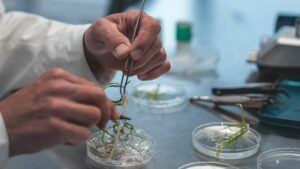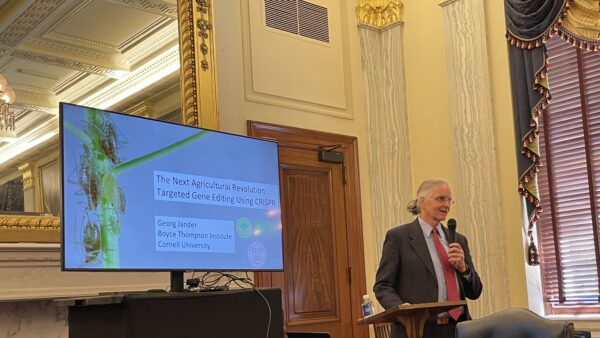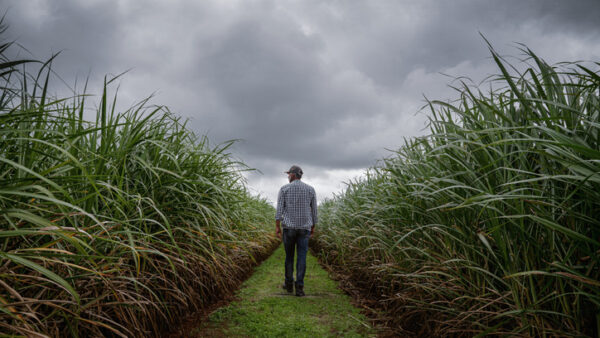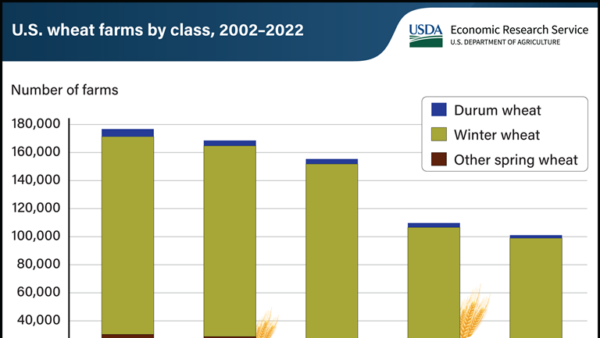An in-depth overview of the global seed industry.
From GM trials in India to red clover research in the U.K.
STATUSISF
Radha Ranganathan, director of technical affairs for the International Seed Federation, attended the seventh Commission on Phytosanitary Measures in Rome March 19 to 23, 2012. On the ISF’s proposal, the CPM had already agreed to accept a standard on the international movement of seed for its agenda. This standard has now received the highest priority and has been placed under the strategic objective of enhancing food security. The standard is to be developed through the regular process and is to be adopted in 2016. However, it remains to be seen whether the strained financial situation in which the International Plant Protection Convention finds itself will delay the development of this standard.
Sponsorships of standards will be encouraged. Any topic on the CPM-approved list of topics for IPPC standards, regardless of CPM priority, can be supported financially or sponsored to cover all the costs of developing the proposed standard. Informal reports suggest the cost of sponsoring a standard could range from US$350,000 to $500,000.
—Marcel Bruins, secretary general, ISF
STATUSAUSTRALIA
Commonwealth Scientific and Industrial Research Organization plant industry scientists, in collaboration with University of Adelaide researchers, have bred salt tolerance into a variety of durum wheat which shows a yield improvement of 25 per cent in soils with high salinity.
According to one of the lead authors of the study, Richard James, the importance of the breakthrough lies in the fact that “it is one of the very few examples where a unique gene has been crossed into an important commercial crop and shown to increase grain yield.” Additionally, James emphasizes, “it is the first to show an increase in a farmer’s field where salinity levels are high.”
The CSIRO plant industry scientists discovered a salt-tolerant gene in an ancestral cousin of modern-day wheat. According to James, the new variety consists of two breeding lines that can be used commercially to improve yields on soils with high salinity. “These lines have been provided to both durum and wheat breeders in Australia who have incorporated the salt tolerance gene into their elite breeding lines, which typically are high yielding and cover the latest in quality and disease resistance issues,” he says.
CSIRO has also distributed the variety and a molecular marker diagnostic kit to publically-funded wheat breeding institutions in countries including India, Pakistan, Bangladesh, Tunisia, Ethiopia and the United States. According to James, a commercial cultivar could be released in three to five years.
“This breakthrough shows that there is still potential to improve the tolerance to environmental stresses in wheat, and it also shows the value of sourcing genetic variation from international seed collections and even wheat relatives,” says James.
The team continues to expand and develop their research. “Osmotic stress is the main factor responsible for reduced growth and yield of crops grown in saline soils,” says James. “Our research team is currently using novel high-throughput non-destructive screening techniques (for example, infrared thermography) to screen for osmotic stress tolerance in wheat and barley.”
STATUSCHINA
China’s vice-minister of Science and Technology, Zhang Laiwu, has announced the government’s commitment to transgenic research. During an April press conference, Zhang reaffirmed the current administration’s commitment to agricultural innovation, and indicated that the ministry had invested 18.7 billion yuan (US$2.97 billion) in agricultural projects during 2006 to 2010, three times the amount invested in the five previous years.
“China has thousands of small seed companies, but none of them can provide seeds and relevant services that are good enough,” said Zhang. “The domestic seed market for corn and high-end vegetables is occupied by foreign competitors.”
According to a recent press release, the ministry will continue working with other departments to provide better services to farmers, invest in agricultural science and technology programs, increase technological and communication services for farmers and develop international partnerships.
STATUSINDIA
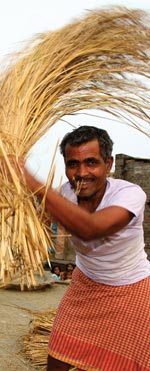
According to an order issued by Rajasthan’s government, “no trials of GM crops should be conducted in the state until a final decision is taken in this matter. The government, after considering its various aspects, has decided to wait until a national consensus is evolved.”
The only states where GM field trials may now be conducted are Gujarat and Andhra Pradesh. In light of these roadblocks, India’s GM regulatory body, the Genetically Engineered Appraisal Committee, may request that state governments consider GM crops on a case-by-case basis.
STATUSU.K.
A five-year research project, led by scientists at Aberystwyth University’s Institute of Biological, Environmental and Rural Sciences and valued at £2.15 million, aims to improve the U.K.’s domestic access to vegetable proteins in forages such as red clover.
“This research looks at increasing the amount of forage based protein that can be grown ‘on-farm’ in the U.K.,” said Athole Marshall, leader of the Public Good Plant Breeding Group at IBERS, in a press release. “Red clover is a high protein forage, but yield is erratic due to lack of resistance to sclerotinia fungus and stem nematode for which there is no chemical means of control. We will apply molecular techniques to develop varieties with improved resistance to these pests and diseases.
“[The project] also aims to improve the efficiency with which farm animals convert plant protein into animal protein by increasing the availability of high sugar grasses,” said Marshall.
According to the press release, the project will utilize molecular techniques to develop advanced lines of high-sugar grasses with improved traits.
The project is a partnership between IBERS, the Technology Strategy Board, U.K.-based Germinal Holdings Ltd. and the National Institute of Agricultural Botany. If successful, the initiative will reduce the U.K.’s reliance on protein imports such as South American soy.





